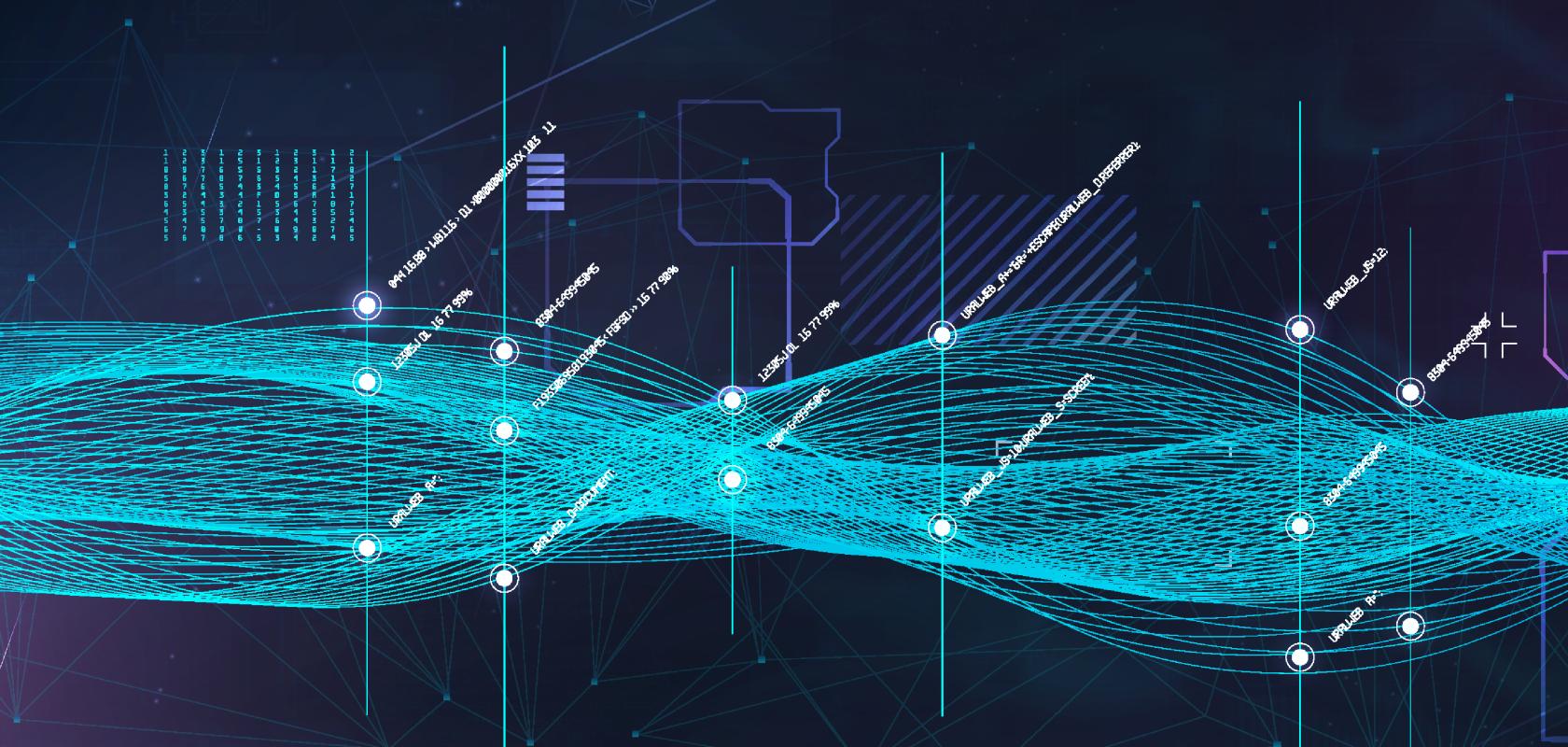A Paris-based startup has published a paper in a peer-reviewed APS Physics journal detailing Quantum Evolution Kernel for applications across a broad spectrum of research fields.
The research paper, titled: ‘Quantum evolution kernel: Machine learning on graphs with programmable arrays of qubits,’ details how a Quantum Evolution Kernel (QEK) can serve as a more versatile and scalable procedure for building graph kernels and analysing graph-structured data on quantum devices as compared to classical computers. Benchmarking expected performances on a neutral-atom quantum computer, researchers found that QEK is stable against detection error and on par with state-of-the-art graph kernels on classical systems.
Pasqal, developers of neutral atom-based quantum technology, announced the publication of a scientific paper in the peer-reviewed APS Physics journal Physical Review A presenting a new machine learning protocol for measuring the similarity between graph-structured data on quantum computers.
Georges-Olivier Reymond, CEO of Pasqal said: ‘This new machine learning protocol for measuring the similarity between graphs leverages the core interactions that are at the heart of the quantum processor and can be readily implemented by researchers today. The work of our quantum scientists also demonstrates the maturity of our neutral-atom platform in enabling this significant advancement.’
Graph kernels are computer functions that measure the similarity of pairs of graphs in machine learning applications but their complexity have posed a challenge to classical computing systems. The study’s participants believe the new QEK will enhance research in fields that utilize graph structures even when deployed on NISQ-era quantum devices, including chemistry, bioinformatics, computer vision, social network analysis and natural language processing.
Pasqal CTO Loïc Henriet served as the research lead for the paper working with other Pasqal researchers Louis Paul Henry, Slimane Thabet and Constantin Dalyac.
The results in the paper were produced using Pasqal’s open-source library Pulser and its embedded emulator. The high-performance computing centre GENCI in Paris provided access to its supercomputers for the study.


